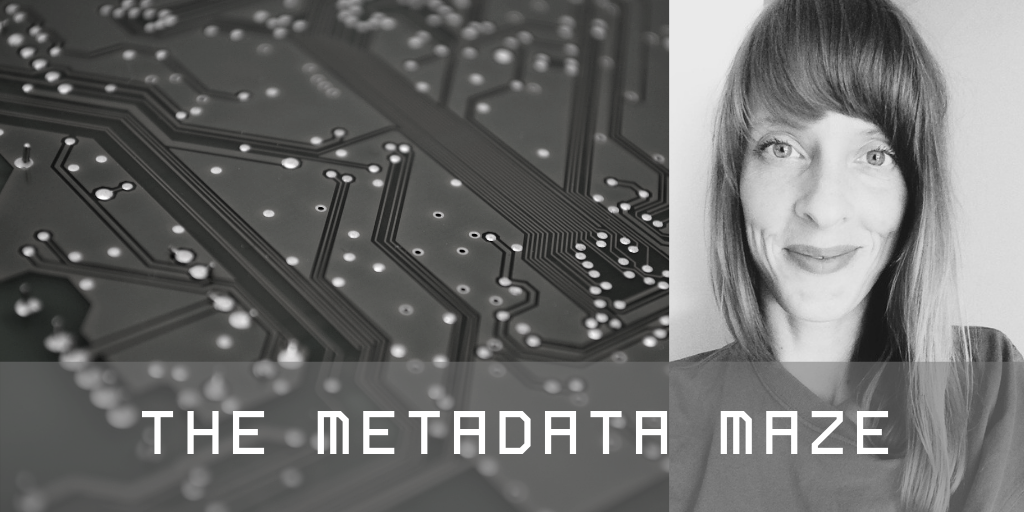The following is a guest post by JP team member Meghan Wise (https://www.meghanwise.com/), who was instrumental in organizing our metadata processes for the Just Powers archive.
…………………………………………………………………………………………………………………………….
Engaging in metadata analysis can sometimes feel like throwing oneself down the rabbit hole. At first, it can feel chaotic and disorienting as you distil coherent meaning and significance out of a mountain of data, in this case over 100 transcribed interviews that were a part of the iDoc project. However, as I allow myself to fall deeper into this metadata abyss, meaningful themes, patterns, and concepts are emerging. This is the fascinating process I have been engaging in as a research assistant with Just Powers.
One of the many things I value about being a part of this project and process is having the opportunity to gather insight into how a wide assortment of people are thinking about some critical and salient issues. Climate change, access to energy, just energy transition, access to energy technology, and how the subject of gender situates in transitioning to post-carbon energy societies, are all in conversation here.
Though the data still has a lot of analysis that can be extracted, within these articulations, there are signs of important overarching views. For example, the perception that more needs to be done to raise public awareness and knowledge on the conditions of our collective energy dependences, as related to energy technology, reliance, and access. That different energy configurations and relationships are possible. Challenging both inherent and measured assumptions that certain central systems in our society—say a particular style of energy system—are unalterable. When in fact, the foundational systems of our communities are flexible in relation to our intentionality as a community.
The data also underscores collective vulnerabilities and a sense of urgency. Accompanied by articulations of a vested interest in meaningful, effective action on these issues. This metadata maze helps to provide insight into how we might reach across technological, activist, academic, Indigenous, scientific, information and knowledge silos to dig into, just, inclusive responses and solutions to an extremely complex multifaceted reality.
